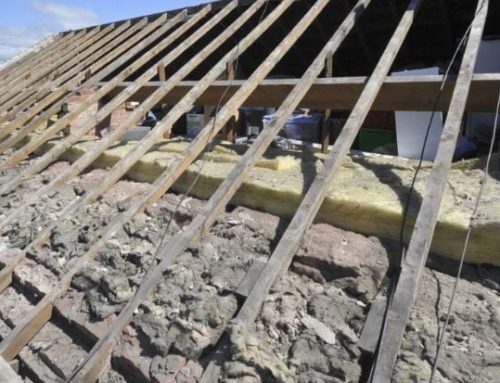
Should You Hire a Property Manager?
There’s no denying that real estate investing can be profitable (if you’re good at it), but there’s usually a lot of blood, sweat and tears involved. If renting homes is your thing, but you find that you’re just not into unclogging toilets, or don’t have the knack for finding the perfect tenants, should you throw in the towel? If so, you may want to consider hiring a property management company.
If you’ve invested in multiple properties or are just simply making enough money (that’s the goal, right?), hiring a company to take some tasks off your plate may give you some time to look into future investments. So, how do you find the perfect property manager? Here are some questions you can ask them:
- What are your fees? Do you charge a monthly rate and are there additional fees for things like finding tenants?
Some companies will charge a flat monthly fee even if your property is left vacant. Others, get paid a percentage of the rent collected.
- Are you licensed and insured?
You’ll want to make sure the company is licensed and insured in case of legal or liability issues.
- How do you vet prospective tenants?
Make sure their requirements include background and credit checks, as well as payment histories, so you don’t end up with tenants who don’t pay.
- What is the best way a tenant can reach you?
Having an accessible property management company is necessary for a healthy relationship with tenants. They’ll need to know they can reach out when issues arise.
- How can I end our contract?
If you find that your management company is not working out properly, you should be able to move on. Read the contract thoroughly before signing to make sure there are no time commitments or exiting fees.
If you’re looking for a hard money loan in Atlanta, we may be able to help you.
Call us at 404-814-1644 or contact us online to find out whether you might qualify for this type of funding. In the meantime, check to ensure that you meet our loan criteria. Our loan amounts can be up to 65 percent of the after-repaired value of the collateral—and if you use the loan for renovation or construction, the loan amount can be based on the collateral’s improved value.
Read our frequently asked questions and take a few minutes to learn about the hard money loan process.













